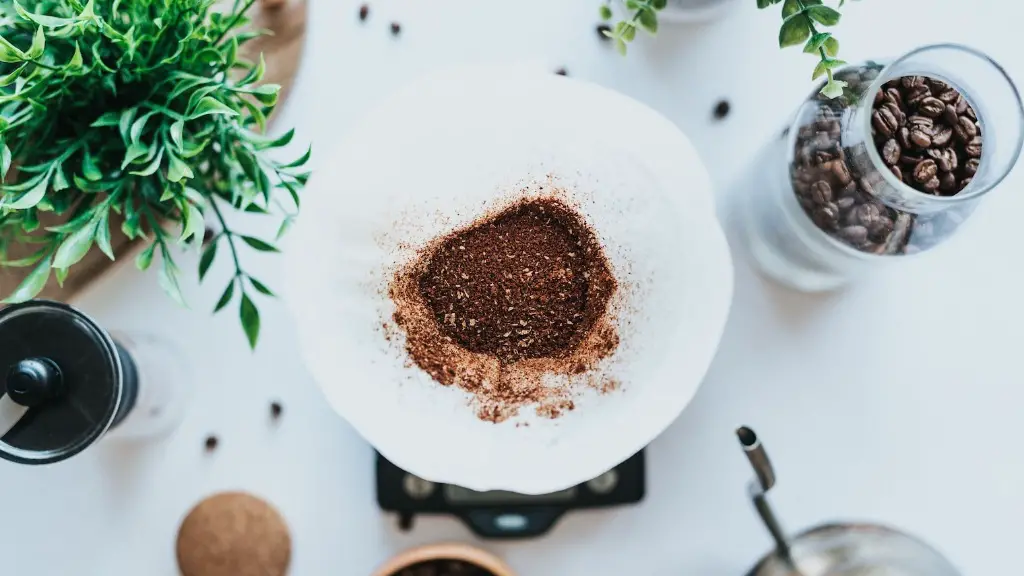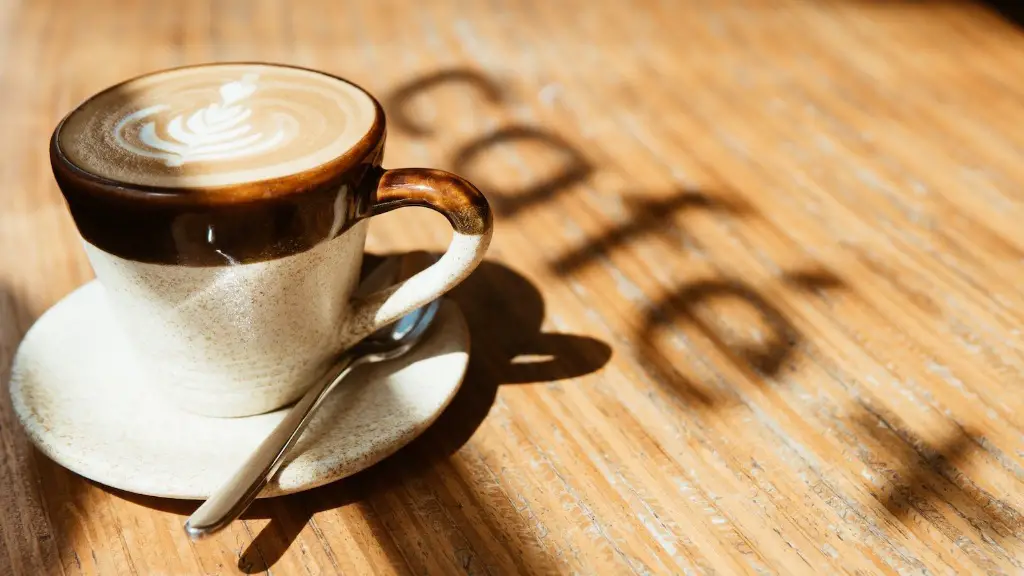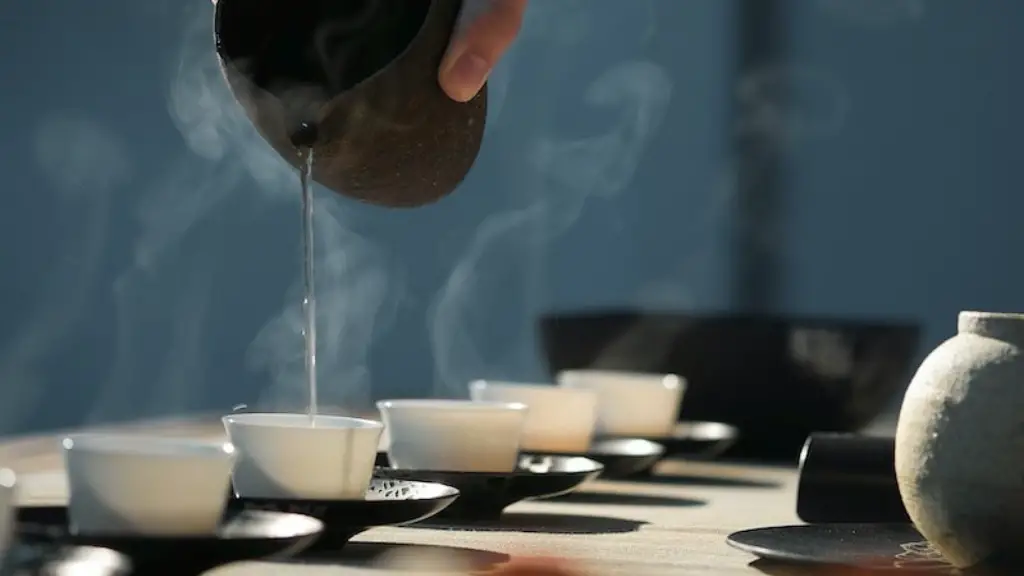Coffee is one of the world’s most popular drinks and has been consumed for centuries. From its humble beginnings as a traditional drink in the Middle East to its modern-day westernized versions like cappuccino and espresso, the coffee culture has been a bedrock of social activities. Despite its long-standing popularity, coffee has had its own share of issues due to the amount of sugar, fat, and calories it can contain, leading many people to search for alternative options.
Caffeine pills are a relatively new addition to the coffee-alternatives market. Caffeine pills are a concentrated form of caffeine that allow you to consume a large amount of caffeine in a short time. They can be taken in capsule or tablet form, and are often used as a stimulant for athletes, students, and other individuals looking for a quick pick-me-up.
The question of whether caffeine pills are the same as drinking coffee is one that has been asked by many. On the surface, the two appear quite similar—they both contain caffeine and can be used for a quick boost in energy levels. However, there are some major differences between the two.
First, caffeine pills contain a much higher concentration of caffeine compared to coffee. For example, while a cup of coffee typically contains around 95-165 milligrams of caffeine, a single caffeine pill can contain up to 200 milligrams of caffeine. This means that caffeine pills can provide a much stronger, longer boost in energy than coffee.
Second, caffeine pills are designed to be taken as a supplement in order to achieve the desired effects. This means that they cannot be taken as a replacement for coffee or tea—in other words, caffeine pills should not be your main form of caffeine consumption. On the other hand, coffee and tea can be consumed regularly as part of your morning or afternoon routine.
Finally, there are potential health risks associated with taking too much caffeine from caffeine pills. Since caffeine pills contain a much higher concentration of caffeine than coffee, consuming them in excess can lead to caffeine overdoses and associated adverse health effects. As such, it is important to follow the recommended dosage of caffeine pills outlined by the manufacturer.
Safety Concerns
When considering whether caffeine pills are the same as drinking coffee, safety should always be taken into account. Caffeine pills are not regulated by the Food and Drug Administration (FDA) like other nutritional supplements. This means that consumers should always be cautious when purchasing caffeine pills and make sure to research the manufacturers and the ingredients used in the product. Additionally, it is important to follow the instructions for taking the caffeine pills in order to ensure that you do not experience any unwanted side effects.
Many experts recommend that individuals only take caffeine pills as needed, and only when advised by a healthcare professional. Additionally, it is important to note that caffeine pills are not intended to be a replacement for coffee or tea, but rather a supplement to be taken in moderation.
The Bottom Line
Overall, caffeine pills are not the same as drinking coffee. They offer a much more concentrated source of caffeine, which can provide a stronger and longer-term boost in energy levels. Additionally, due to the lack of regulation by the FDA, it is important to research the manufacturing company and follow the instructions for taking the caffeine pills in order to avoid any unwanted side effects.
Overall Benefits of Caffeine
It is important to remember that caffeine, regardless of whether it’s taken from coffee, tea, or a caffeine pill, can have a wide range of benefits. Short-term benefits include increased alertness and improved concentration. Long-term benefits may include reduced risk of certain diseases such as Alzheimer’s and Parkinson’s and improved cognitive performance as we age. Of course, as with any supplement, it is important to speak to your doctor before taking caffeine pills, as well as to monitor your usage and stick to the recommended dosage.
Different Types of Coffee and Tea
The debate between caffeine pills versus drinking coffee isn’t a “one size fits all” situation. Different types of coffee and tea contain varying levels of caffeine, and the choice of drink depends on personal preference and the amount of caffeine needed. Espresso and Turkish coffee have more caffeine per shot than drip coffee, and black teas like Earl Grey and Darjeeling have more caffeine than green tea.
No matter the choice, the important thing to remember is to consume coffee and tea in moderation. When done so, coffee and tea can be a positive part of a healthy lifestyle. When taken in excessive amounts, however, coffee and tea can lead to jitteriness, addiction, and other health issues.
Caffeine Alternatives
For those looking for coffee and tea alternatives, there are plenty of options to choose from. Herbal teas like chamomile and rooibos, as well as yerba mate, offer natural energy boosts without the caffeine. Additionally, there are energy drinks designed to give you that quick burst of energy without the coffee. Matcha, green tea extracts, and other natural supplements are also popular alternatives for people looking for an energy boost.
Ultimately, the choice of whether caffeine pills are the same as drinking coffee is up to the individual. It is important to remember to research the manufacturing company, follow the instructions for taking the pills, and, most importantly, consume everything in moderation.



